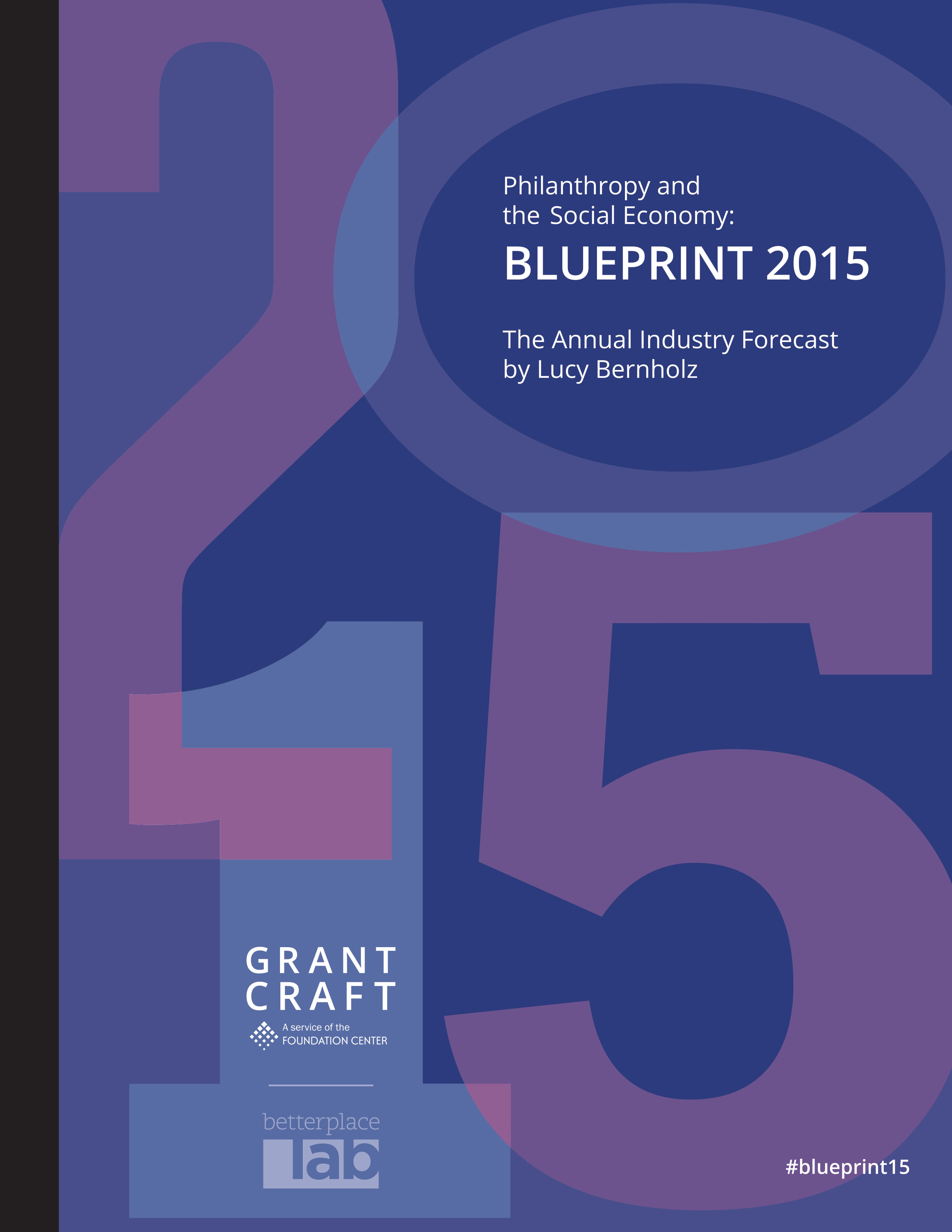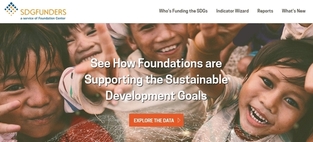Ecosystems Approach Using Indigenous Worldviews to Guide Programs
Ecosystems is another funding approach that reflects the indigenous worldview that all life—human and nonhuman—is interrelated. This approach often results in flexible program areas that show fluidity and appreciation for different interpretations of an issue. The International Development Exchange (IDEX) incorporated the idea of an ecosystem into their theory of change. “We wanted it to address the complexities in which IDEX and our partners work, so we looked to nature to help us put our theory of change into perspective,” said Katherine Zavala, at IDEX. The IDEX theory of change is based around concentration areas that have emerged from a ten-year inclusive and participatory evaluation process with grantee partners and leaders in philanthropy.These include community self-determination, organizational resilience, and global solidarity.
As part of this strategy, IDEX supported an organization in Chiapas, Mexico to convene a learning exchange on the cross-cutting issue of agro-ecology with other indigenous groups in Central and South America. Since indigenous peoples do not distinguish ‘nature’ as an external factor in their lives, traditional agricultural practice is usually sustainable and aligned to cycles in nature, such as planting according to moon cycles. This nexus where agriculture and ecology meet aligns with IDEX's ecosystems theory of change. “These strategic events serve to move forward our theory of change and our partners' work," said Katherine.
Takeaways are critical, bite-sized resources either excerpted from our guides or written by Candid Learning for Funders using the guide's research data or themes post-publication. Attribution is given if the takeaway is a quotation.
This takeaway was derived from Funding Indigenous Peoples.


